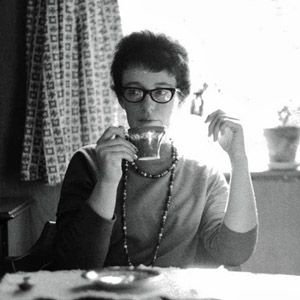A Quote by Erin Morgenstern
Sometimes I write what I can't paint, and I paint what I can't write. I use a different part of the brain.
Related Quotes
Painting allows me to use other portions of my brain pleasurably. Irony plays no part in what or how I paint. I paint the particular subject matter not to make polemical points but because I am interested in the human imprint on the landscape. I paint the landscape of my time and place with the stuff in it.
When you write a novel or paint a picture, you have the opportunity to approach it and back off, tear up pages, write, rewrite, paint over, and come back to it. In film, once you start shooting, you can't restart the clock, and you keep moving forward, and you don't look back, and you don't go back. And that is, of course, antithetical to the creative process. It's really hard to generate a comfortable creative flow under that kind of pressure.





































